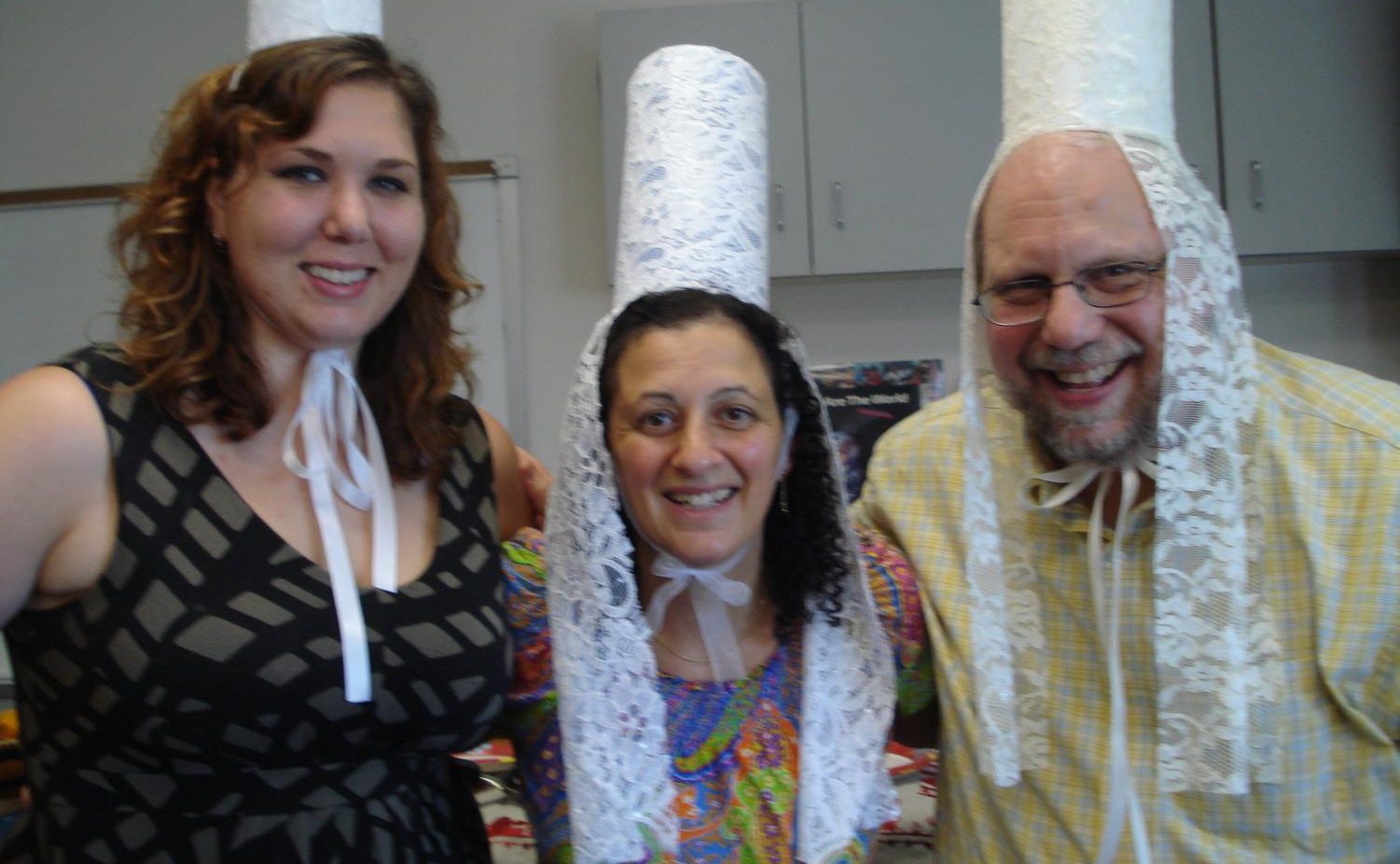Enchanté, Grenadiers: Why IUS students should consider taking French
One of the most common languages around the world can be learned without straying too far from home
April 30, 2021
While taking a trip to North Africa, one American man who studied French would never expect how it would impact his life forever.
After arriving in North Africa, an area dominated by the French language, he met a man on a train who was more than generous with his time. They went together on a journey to meet with a carpet merchant.
The only lights in the middle of the desert were those shining brightly up above in the cosmos. This experience would have never been possible if he did not know the French language.
In North Africa, Berber carpets are an integral part of the culture. Both men went to see a carpet merchant. Because of what the American knew from his studies of the culture, he was able to successfully bargain with the merchant for one of the most prized possessions in North Africa.
That American man, Charles Pooser, has been teaching French at IU Southeast since 2006.
“If you don’t know or don’t have an appreciation for how other people construct their lives, how language constructs what they do, then you’re really at a loss to be able to empathize with people from other places in the world,” Pooser said.
How French Has Changed Lives
Professor Pooser said that his most successful students are those that make connections outside of the classroom. One of those students, Ryan Cannon, said he felt like needing to be practical led him to avoiding making French his major at first.
“I had changed my major two or three times,” he said. “Eventually, I realized if I am going to obtain a diploma, I need to do it in something I really love and find interesting, otherwise I’m never going to finish.”
Cannon finished his French degree as a transfer student at IUS. He said that decision changed his life forever.
“Turns out, majoring in a second language is way more practical than anyone I knew would’ve thought,” Cannon said. “It has set me apart in job interviews ever since, helped me land some of my most fulfilling professional roles—all as a result of learning a language that I really love.”
Joanmarie McGuire, another former student of Pooser’s, said that she is continuing to study French for another degree after graduating from college with a major in philosophy in 1969.
McGuire said that her interest in French went back to her childhood. While attending school, she had a classmate who was French.
Her classmate had just recently immigrated to the United States from Europe with her family. It was only ten years after World War II.
“I will never forget her distress when one day she spoke to me and other girls after returning from lunch at home,” she said. “She told us that France and England had bombed the Suez Canal.”
McGuire said she assumed that the distress that her classmate felt was reflected from her parents.
She also said that she believed that her parents were scared that there would be another war in Europe.
Why French Can Be Beneficial to Students
Cannon said he thinks French has helped him with living in other countries as he has traveled around the world.
“Funnily enough, learning French actually made me realize that I wasn’t all that fluent in English and has dramatically increased my ability to express myself in English as well,” he said. “But the biggest benefit by far has been the people I have met through French.”
He said he would not trade those experiences for the world.
“Those experiences would not have happened if I could not communicate in French,” Cannon said. “They have shaped me as a person, and color my everyday interactions and my relationship with myself and with others.”
Cannon also said he believes learning a new language will make students more confident and it will help them stand out from the crowd. Not only will learning a new language help students in their careers, but it will also help them grow as people.
“My philosophy is this, though, regarding professional benefits,” he said. “Learn a language because you love it, or some aspect of the culture you’re attached to. Then, be pleasantly surprised when the professional benefits roll in, like a nice bonus.”
McGuire was able to travel and obtain a deeper sense of understanding for those who were deployed to Normandy on D-Day.
“Memories of the war are very vivid for many French and of course for the American veterans who attend,” McGuire said. “The cemetery just off of Omaha Beach is unbelievably moving.”
She said that she did not understand the sorrow of the adults in the room as a child as she and those with her were shown projection slides of D-Day and its subsequent parts. After going to the site, she says she now understands why those people were so upset back then.
Opportunities for French Learners Off-Campus
IUS foreign language students can travel abroad to other countries that speak the language that they are studying.
One of those opportunities includes a Fulbright scholarship. Different Fulbright scholarships are given to students so they can study, teach or research overseas.
For Cannon, this meant teaching the English language in a French-speaking country.
Cannon said because of the Fulbright grant he received, he was able to go to Senegal, West Africa. He met many people that he said have taught him many things about life and the human condition.






